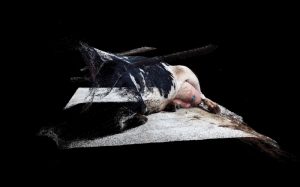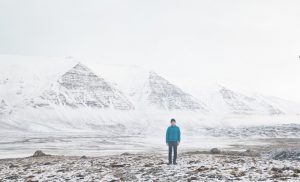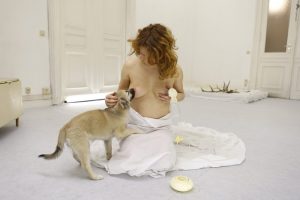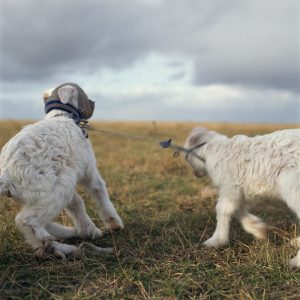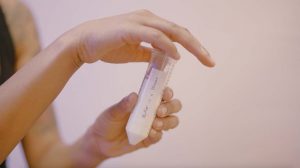The Meat of Tomorrow, by James King, explores the implications of an impending technology that will soon allow edible meat to be grown in vitro from a small sample of animal tissue, rendering the inefficiencies, cruelties, traditions, and livelihoods of livestock farming unnecessary.
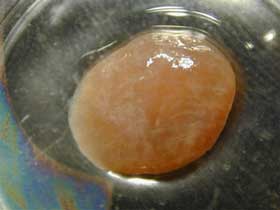
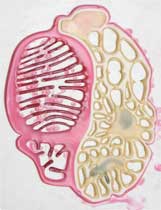 Today – tomorrow?
Today – tomorrow?
Imagining a world where traditional livestock farming has disappeared, King’s design proposals explore how our relationship to farm animals would change and how we would choose to give shape to this new sort of food. “What will be different about this meat? What size will it be? Family size? If so, large family or small one? What shape will it be? Will we buy it in circles, cylinders, cubes, squares? Perhaps shapes more suitable for cooking will be devised. Surely lamb shop with its awkward form which is difficult enough to eat, let alone grow in vitro, would cease to exist. Whatever the answers to these questions, the whole process from production to consumption will become abstract and arbitrary, no longer bound to the size and shape of any animal.
But will there be anything to remind us what shape this stuff is or at least what it used to be?”
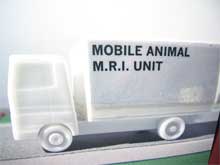
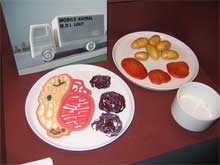
King imagined a near future where mobile animal MRI [Magnetic Resonance Imaging] unit scours the countryside looking for the most beautiful examples of cows, pigs, chickens and other livestock. Once located, the creature is scanned from head to toe, creating accurate cross-sectional images of its inner organs.
The most interesting and aesthetically pleasing examples of anatomy are used as templates to create moulds for the in-vitro meat (we wouldn’t choose to eat the same old boring parts that we eat today). The result is a satisfyingly complicated and authentic form of food.
Another of his design proposal were pieces of chicken. They would have no taste nor smell but be highly nutritive and would have to be enjoyed in proximity of the living chicken itself and a device that recreates the smells of the farm.
Cow Gone Abstract – a clever introductory animation (after Roy Lichtenstein).

